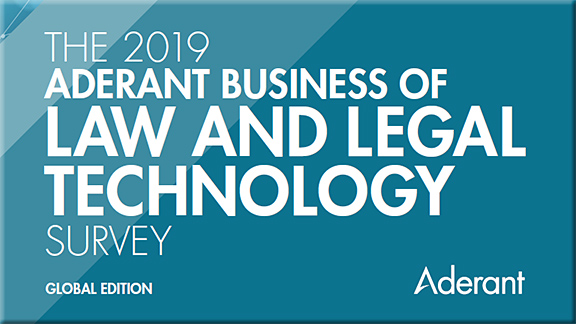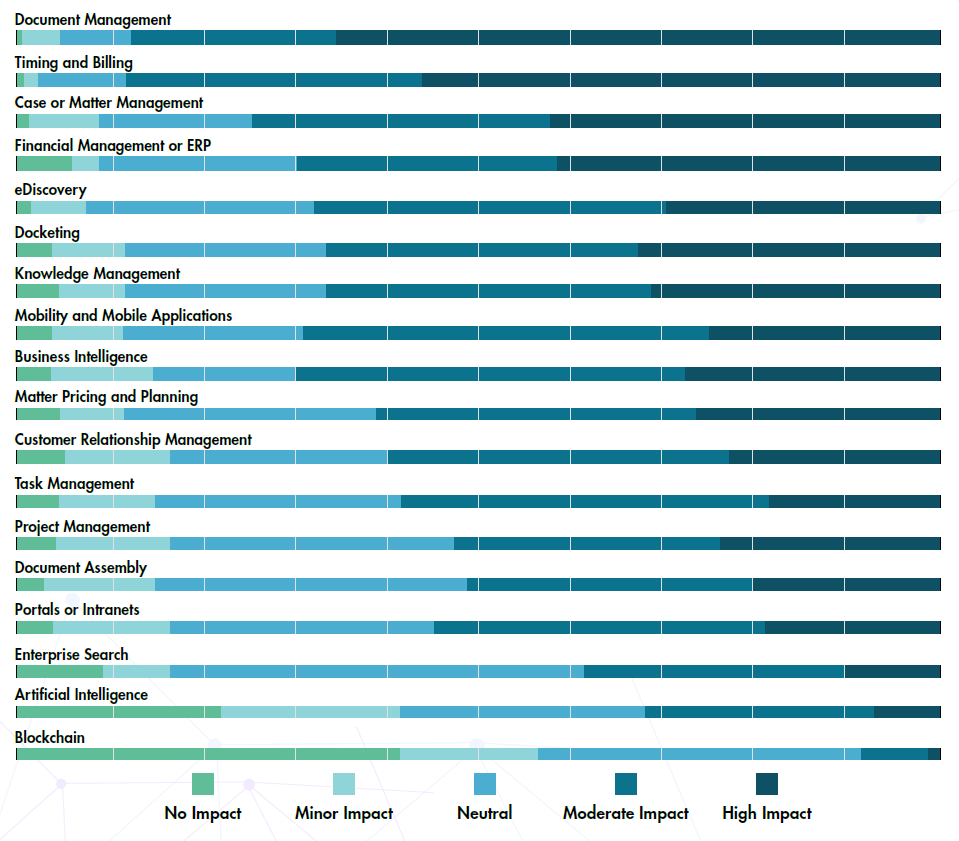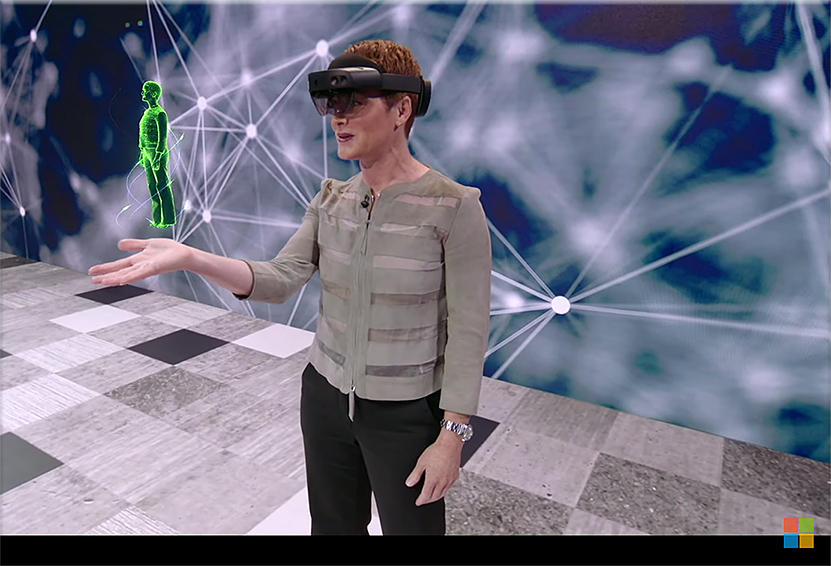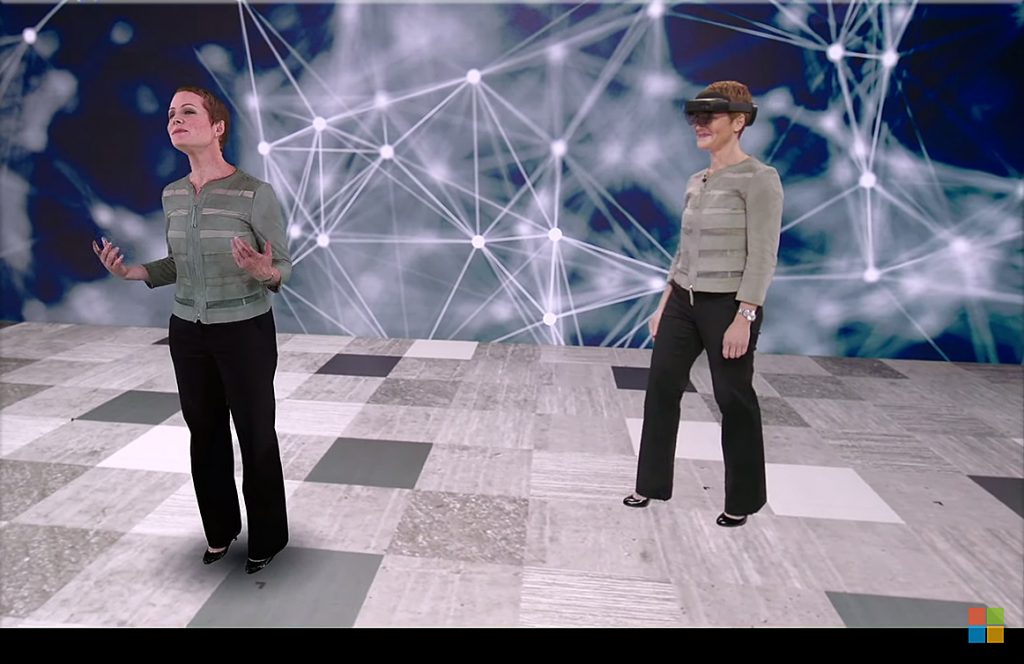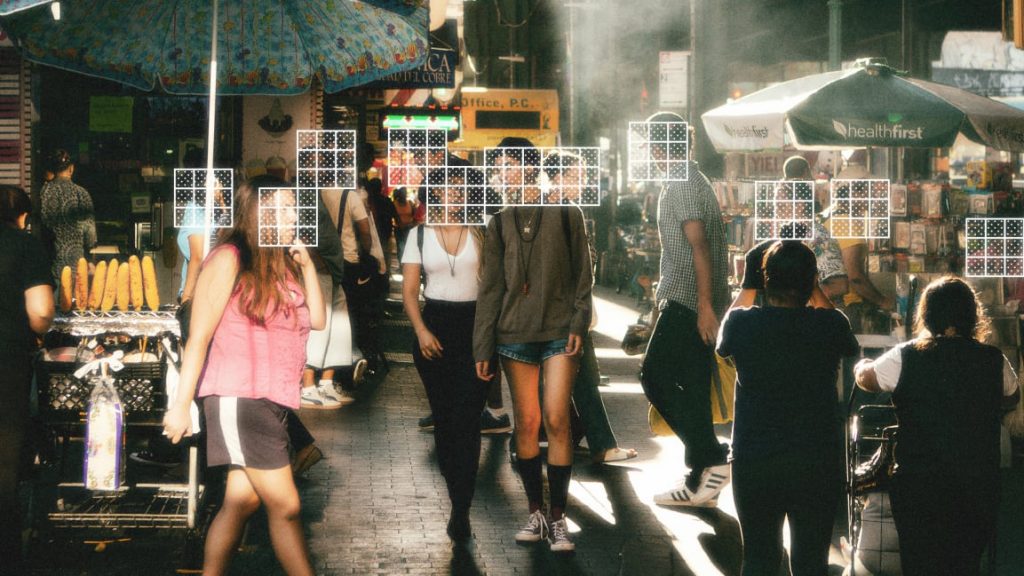Why more law schools are prioritizing technology integration — from edtechmagazine.com by Eli Zimmerman
Universities are investing in video conferencing, artificial intelligence and more to ensure future lawyers remain competitive and prepared.
Excerpt:
Lawyers are beginning to show interest in incorporating technology into practice — the American Bar Association has even dedicated an entirely new section of their website to available, relevant technologies. As this interest grows, law schools are incorporating innovative solutions into their curriculums to prepare students for legal careers that will involve more technology than ever before.
The push for a more technology-oriented law school experience comes as professionals and educators become more aware of the inevitable merge of traditional practice with the tools of tomorrow.
“If we can help students understand that technology, and specifically AI, can create a much more streamlined, efficacious means of connecting lawyers to consumers of legal services, and reorient or recalibrate what it means to provide legal services by lawyers, then that’s an enormous benefit for us as legal educators in educating our students to the value and capacity of law to provide access to justice,” says Daniel Rodriguez, former dean of Northwestern University Pritzker School of Law in a Legal AI News article.
Also see:
- Client-Driven Innovation: The Future of Legal Technology — from lawtechnologytoday.org by Vishal Rajpara
Excerpt:
After nearly 20 years of steady innovation-focused primarily on e-discovery, legal technology appears to be entering a new phase. While the legal profession as a whole is still somewhat skeptical of technology and wary of change—especially when compared to other industries—most lawyers now accept the premise that automation and process optimization are essential to managing law firms and legal departments more efficiently in a dynamic, hypercompetitive business environment that is increasingly data-driven.
Advanced technologies built into the platform.
Artificial intelligence technologies like machine learning, natural language processing, and data analytics must be included in legal technology platforms rather than dangled as extras for an additional cost. The utility and power of these technologies have the potential to transform the industry if organizations can apply them—at a reasonable, predictable, and sustainable cost—to workflows where they make the most sense. These capabilities are game-changers that can be applied to nearly every facet of legal operations and litigation, whether it’s ECA and TAR in discovery or billing and invoicing or long-term multi-matter management. AI and analytics help organizations leverage data to understand the details of their operations, monitor trends, refine processes, and predict budget and resource requirements.









